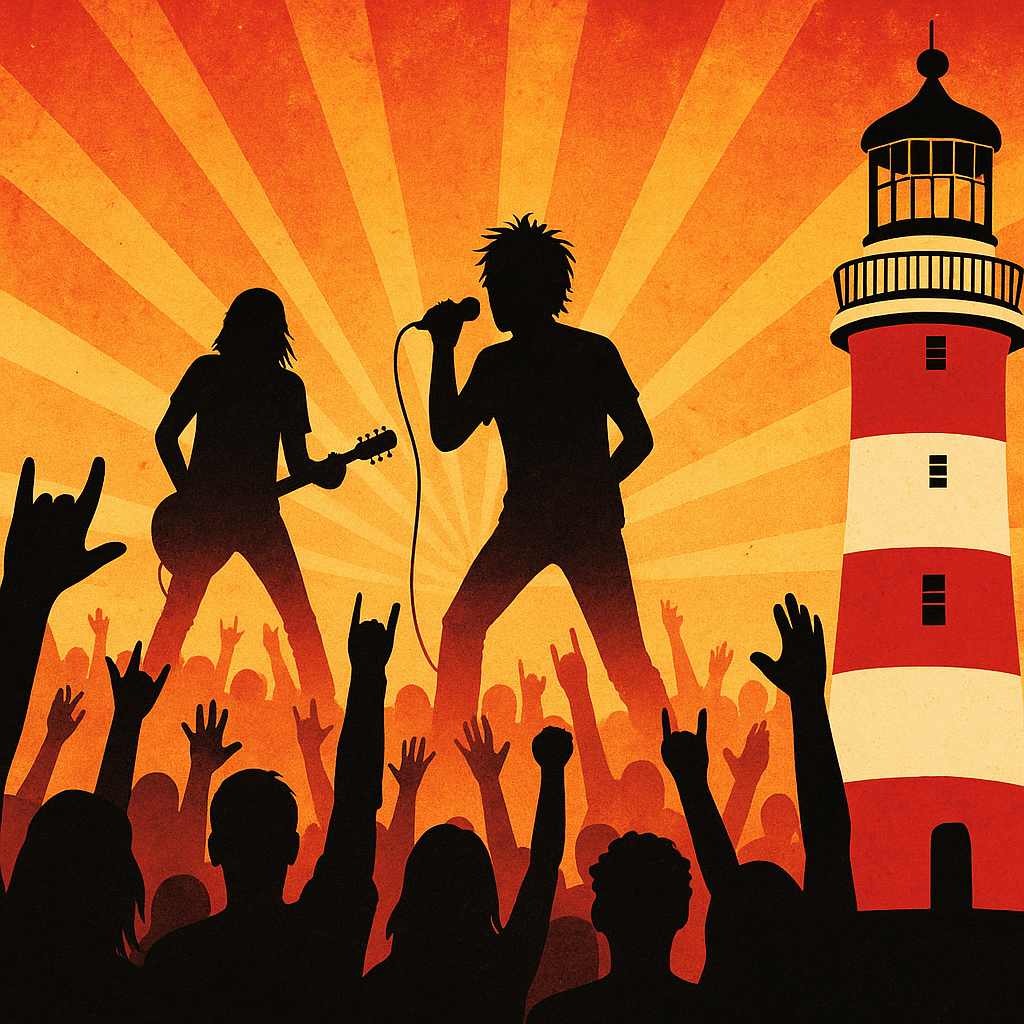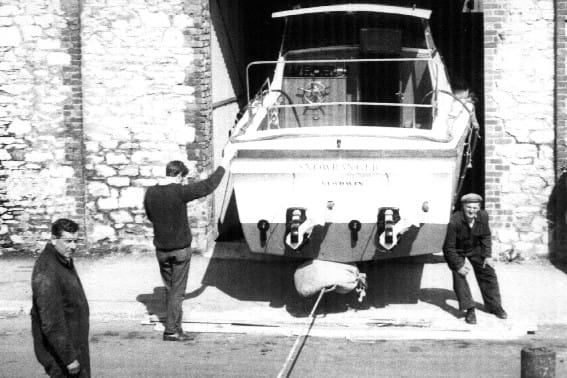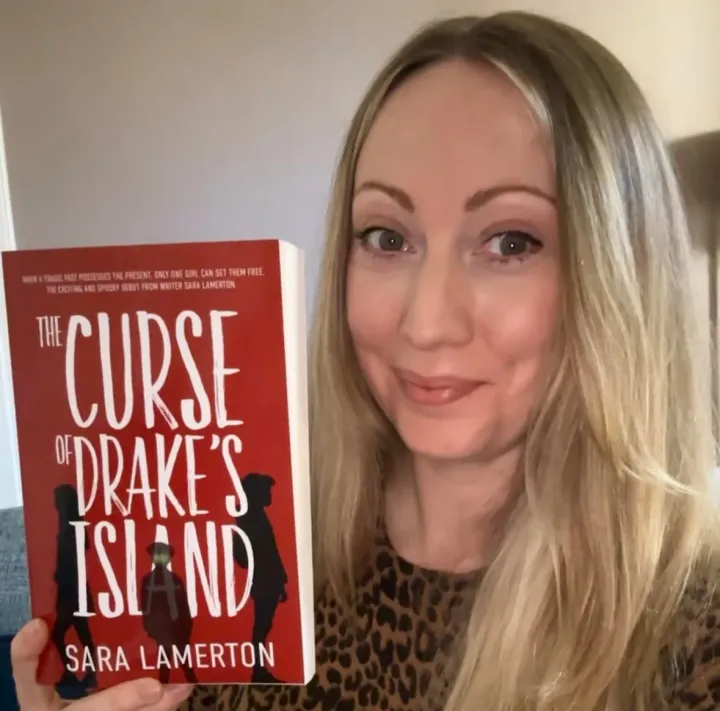The Ghost in the Machine: Why Is Plymouth Being Left Off the UK Musical Map?

A Beagle long-read.
There’s a familiar ache that reverberates through Plymouth’s music-loving heart every time a major UK tour is announced. A quick scan of the dates reveals the usual suspects: London, Manchester, Glasgow, Birmingham, Bristol… and then, a gaping, frustrating void where our city should be. It’s a recurring, bittersweet symphony of omission that leaves thousands of us wondering: Why can’t it be Yesterday Once More?
The good old days, indeed. My mind wanders back to a time when Plymouth was a vibrant, undeniable stop on the touring circuit. Union Street, once a pulsating artery of entertainment, housed theatres like the grand Palace Theatre and the ABC Cinema – venues that didn't just host local talent, but welcomed the biggest names of their era with open arms and roaring crowds. Imagine it: the Fab Four themselves, The Beatles, gracing our stages not once, but twice, in 1963 and 1964. It wasn't just them; countless other acts found their way to Plymouth back in the day - even the king of rock and roll himself, Bill Haley. We were a city with a pulse, a city that mattered in the cultural landscape. Hell even Laurel and Hardy knew Plymouth was the place to be!
Fast forward to 2025. We were, of course, treated to the spectacles of Take That and Rod Stewart playing at Home Park. And while that was a welcome, if somewhat ironic, nod to our city's potential, it felt more like an exception that proves the rule. Yes, we have the Plymouth Pavilions, a commendable multi-purpose venue that occasionally pulls in a decent act. And yes, the Summer Sessions on the Hoe offers a welcome, if fleeting, burst of outdoor concerts.
But let's be honest, for a city of Plymouth's size, its rich history, and its passionate music-loving populace, the current concert schedule feels more like a whisper than the thunderous roar we deserve. It’s a collection of sporadic visits and legacy acts, rather than a consistent flow of the hottest contemporary artists who are setting the charts ablaze and dominating the airwaves.
The question, then, is why? Why has Plymouth, a city that once hummed with musical anticipation, fallen by the wayside? The whispers and frustrations among local music enthusiasts are manifold. There's the perennial lament about the lack of suitable mid-sized venues – that crucial stepping stone between intimate club gigs and the Pavilions’ arena capacity. Bristol boasts its O2 Academy, Cardiff its Utilita Arena, but Plymouth seems stuck in a curious limbo, offering either too small or potentially too large for many touring artists who need that sweet spot to make a tour financially viable.
The economic realities of touring in the UK post-Brexit are undoubtedly a factor, as bands and their crews face increased costs and bureaucratic hurdles. But surely this is a challenge faced by all cities? Why does Plymouth seem to bear a disproportionate share of the burden? Is it the perception of being "too far west"? A geographical cul-de-sac that event promoters deem less appealing than the more conveniently clustered urban centres of the M4 corridor or the North?
But this goes beyond mere logistics. It feels like a collective amnesia on the part of the UK music industry. Do they forget that Plymouth is a major city, home to a thriving university population, a significant naval presence, and a proud, culturally engaged community? We have the audiences. We have the enthusiasm. We have the spending power. What we lack, it seems, is the consistent consideration when tour schedules are being meticulously crafted in boardrooms miles away.
Should Plymouth City Council be doing more?
The impact of the oversight is profound. It's not just about missing out on a night of entertainment. It's about a diminishing sense of cultural vibrancy, a feeling of being overlooked and underserved. People are forced to travel to Bristol, Exeter, or even further afield, spending valuable time and money on transport and accommodation just to see the artists they love. This not only drains our local economy but also stifles the growth of a robust local music scene. Why nurture local talent when the aspirations of playing on a larger stage within your own city are so limited?
Perhaps it’s time for a radical rethink from those who orchestrate the nation's musical tours. Instead of simply following well-worn paths, they need to dust off the old maps, the ones that recognised Plymouth as a legitimate and eager destination. They need to understand that the spirit of those "good old days" – the palpable excitement that greeted The Beatles – still resides here. It just needs to be reawakened.
We understand that the world has changed. The grand old theatres of Union Street may have given way to other ventures, or sadly, to disuse. But the appetite for live music has not waned. The Summer Sessions on the Hoe proves that, with the right acts, Plymouth will turn out in force (and that it won’t for the wrong ones).
The challenge, then, is to bridge the gap between these infrequent events and the persistent dearth of regular, diverse touring acts.
So, to the promoters, the booking agents, and the titans of the UK music industry: open your minds, and your tour calendars, to Plymouth. Look beyond the perceived geographical inconvenience and see the passionate, dedicated audience that awaits.
Remember the city that once welcomed the legends, and understand that we are ready, willing, and desperately waiting to embrace the stars of today. Don't let Plymouth become a forgotten footnote in the vibrant narrative of British music. We're here, we're loud, and we're ready to sing along and roll with it.




Comments ()